Your cart is empty.
Your cart is empty.
Tadalafil and sleep apnea may seem unrelated at first glance, but new research suggests a surprising connection between the two. Tadalafil is widely known for its use in treating erectile dysfunction and pulmonary arterial hypertension. Beyond these uses, its benefits for Tadalafil brain health and Tadalafil for longevity are gaining attention as scientists explore how improving blood flow can support overall wellness.
Now, researchers are investigating whether this vasodilator could be a hidden ally in supporting better nighttime oxygenation and improving sleep apnea symptoms. For those interested in exploring these potential benefits, it’s easier than ever to Buy Tadalafil Online to boost daily life and possibly enhance sleep quality.
Tadalafil is a phosphodiesterase type 5 (PDE5) inhibitor. It works by relaxing smooth muscle in blood vessels, enhancing blood flow. Originally developed for erectile dysfunction (ED), tadalafil also improves pulmonary circulation and is approved for pulmonary arterial hypertension (PAH). Its long half-life (17.5 hours) makes it particularly suitable for daily low-dose use, providing consistent vascular support.
In the context of sleep apnea, this ability to enhance circulation may help stabilize oxygen delivery to tissues, reduce hypoxic episodes, and potentially support better respiratory function.
Sleep apnea is a sleep disorder characterized by repeated pauses in breathing during sleep. There are two main types:
Common symptoms include loud snoring, gasping for air, restless sleep, excessive daytime fatigue, and difficulty concentrating. Untreated sleep apnea is associated with high blood pressure, heart disease, stroke, and metabolic disorders.
Tadalafil’s vasodilatory effects may improve pulmonary blood flow and oxygen exchange. By supporting better circulation, it may reduce the frequency and severity of apneic episodes. Enhanced oxygenation could also improve sleep quality and lessen daytime fatigue.
One proposed mechanism is improved vascular tone in the pulmonary circuit, reducing resistance and supporting respiratory efficiency. There is also some speculation that improved nitric oxide signaling (enhanced by PDE5 inhibition) may play a role in modulating upper airway tone and reducing collapsibility during sleep.
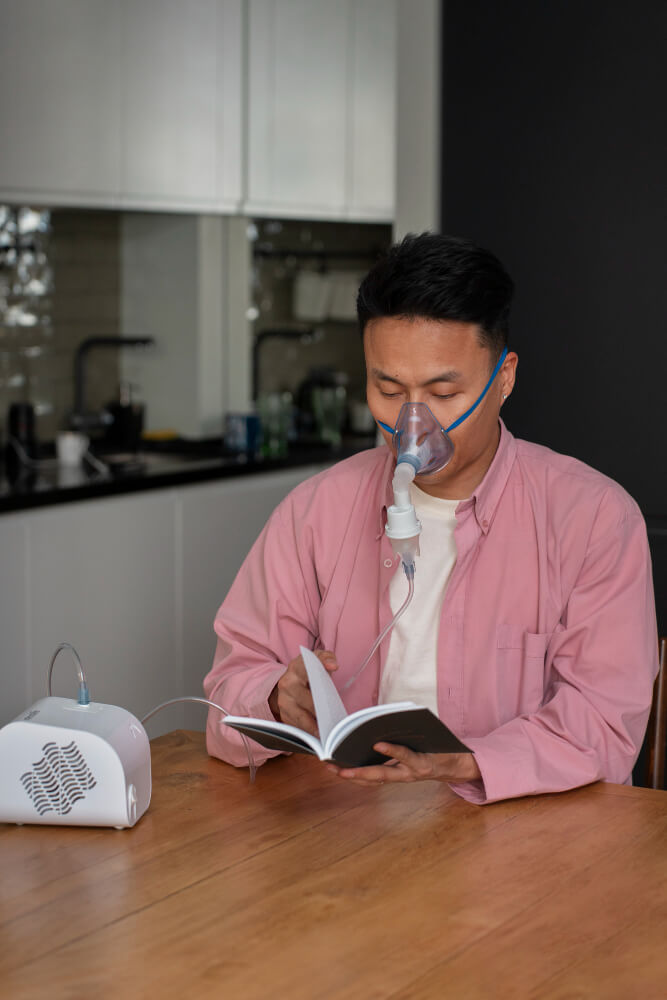
A small study conducted in Greece looked at patients with obstructive sleep apnea and erectile dysfunction. Two groups were assigned: one using CPAP alone, the other using CPAP plus 5 mg of tadalafil nightly. Results showed that the tadalafil group had better erectile function and improved fluid balance, with trends toward better nighttime breathing metrics.
Conversely, research on sildenafil (another PDE5 inhibitor) found it worsened sleep apnea severity in some patients. Sildenafil increased respiratory events and caused greater drops in oxygen saturation, particularly in those with severe OSA. This contrast highlights that not all PDE5 inhibitors may have the same effects on sleep-related breathing.
Tadalafil isn’t a replacement for CPAP or oral appliances, but some individuals may consider exploring its use as a complementary strategy. Potential candidates include:
Standard treatments for sleep apnea include:
Tadalafil differs fundamentally by targeting vascular tone rather than mechanical obstruction. It may enhance oxygen delivery and improve symptoms in a supportive, secondary role.
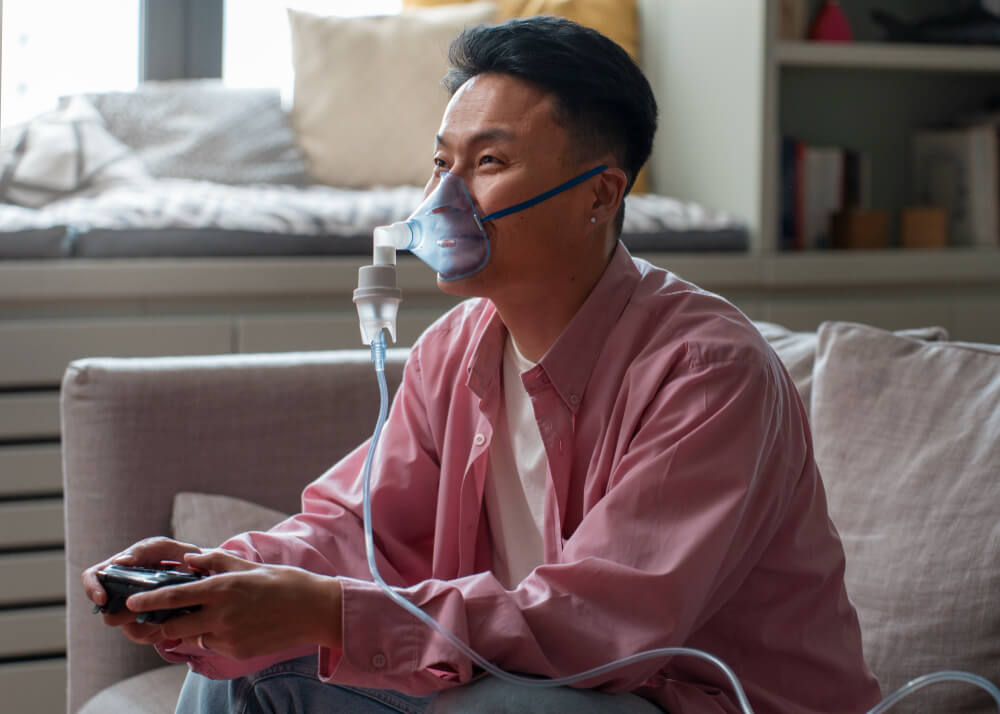
There is no FDA-approved dose of tadalafil for sleep apnea. However, studies have used daily doses of 5 to 10 mg, often taken at night. This dosing aligns with the standard regimen for benign prostatic hyperplasia and erectile dysfunction.
Before starting any off-label use, individuals should consult with a physician. Tadalafil may interact with nitrates and certain heart medications, and it is not suitable for everyone.
Tadalafil has systemic benefits that may appeal to health-conscious individuals:
These effects are why some are exploring tadalafil for longevity and tadalafil brain health. Better circulation means more oxygen and nutrients to vital organs, including the brain.
Consider bringing up tadalafil with your chosen specialist if:
A sleep study and full evaluation can help guide whether tadalafil is appropriate in your case.
Can tadalafil treat sleep apnea?
It’s not approved to treat sleep apnea, but early research suggests potential benefits in oxygen delivery and breathing quality.
How does tadalafil improve sleep?
By relaxing blood vessels and improving oxygen transport, tadalafil may reduce hypoxia-related arousals and enhance sleep continuity.
Is tadalafil used alone for sleep apnea?
No. It’s used in combination with CPAP or other tools. It may help improve outcomes but is not a replacement therapy.
What dose is used for sleep-related benefits?
5–10 mg at night has been used in research, but always consult a provider.
Does tadalafil help with snoring?
Possibly, by reducing airway resistance. However, data is limited.
Who should not use tadalafil for sleep?
People with certain cardiovascular conditions or who take nitrates should avoid tadalafil unless cleared by a doctor.
Is tadalafil safe for nightly use?
Daily low-dose tadalafil is approved for other uses and may be safe under supervision.
Tadalafil shows promise as a supportive tool for individuals with sleep-disordered breathing. By improving blood flow and enhancing oxygenation, it may offer unique benefits when used alongside traditional therapies like CPAP. Though more large-scale studies are needed, early data suggests it could help reduce apnea severity and improve quality of life for some users.
As with any off-label use, discussing the potential risks and benefits with a healthcare provider is essential. Tadalafil may have a place in a broader wellness and longevity toolkit, especially for those looking to enhance nighttime recovery, vascular function, and oxygen balance. If you’re already using it for other approved reasons, its potential sleep-related benefits may be an added bonus worth monitoring.
Arzt M., Floras J.S., Logan A.G., Kimoff R.J., Series F., Morrison D., Ferguson K., et al. (2005). Sleep Apnea and Cardiovascular Disease. Circulation, 112(18), 2660–2667. https://doi.org/10.1161/CIRCULATIONAHA.107.189420
Javaheri, S. (2008). Sleep apnea, heart failure, and pulmonary hypertension. American Journal of Respiratory and Critical Care Medicine, 178(4), 350–356.
https://pubmed.ncbi.nlm.nih.gov/24097114/
Shin, H.-W., Rha, Y.-C., Han, D. H., Chung, S., Yoon, I.-Y., Rhee, C.-S., Lee, C. H., Min, Y.-G., & Kim, D.-Y. (2008). Erectile dysfunction and disease-specific quality of life in patients with obstructive sleep apnea. International Journal of Impotence Research, 20(6), 549–553. https://www.nature.com/articles/ijir200839
Leung, R. S., & Bradley, T. D. (2001). Sleep apnea and cardiovascular disease. American Journal of Respiratory and Critical Care Medicine, 164(12), 2147–2165. https://www.atsjournals.org/doi/10.1164/ajrccm.164.12.2107045
McEvoy, R. D., et al. (2016). CPAP for prevention of cardiovascular events in obstructive sleep apnea. New England Journal of Medicine, 375(10), 919–931.
https://www.nejm.org/doi/10.1056/NEJMoa1606599

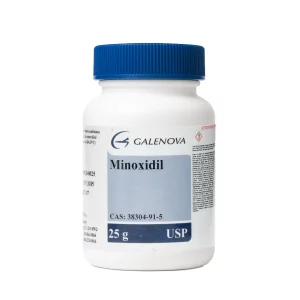
Minoxidil 25mg - Oral vasodilator for blood pressure management. Cardiovascular foundation support, pharmaceutical-grade standards, expert monitoring required.
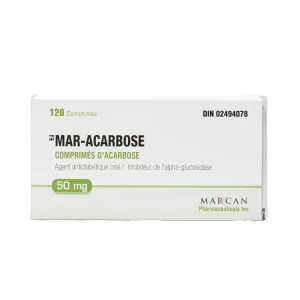
Acarbose 50mg 120 Tablets - Gentle introduction to glucose control. Three-times daily with meals, precision-formulated tablet strength.
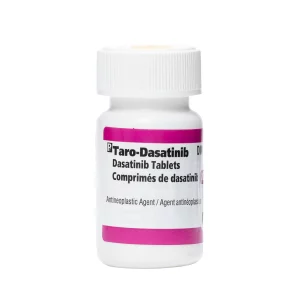
Dasatinib 20mg 60 Tablets - Flexible pediatric-strength dosing option. USP standards compliance, anytime administration, gradual increase capability.
Unlock savings on bundles and elevate your online experience today!